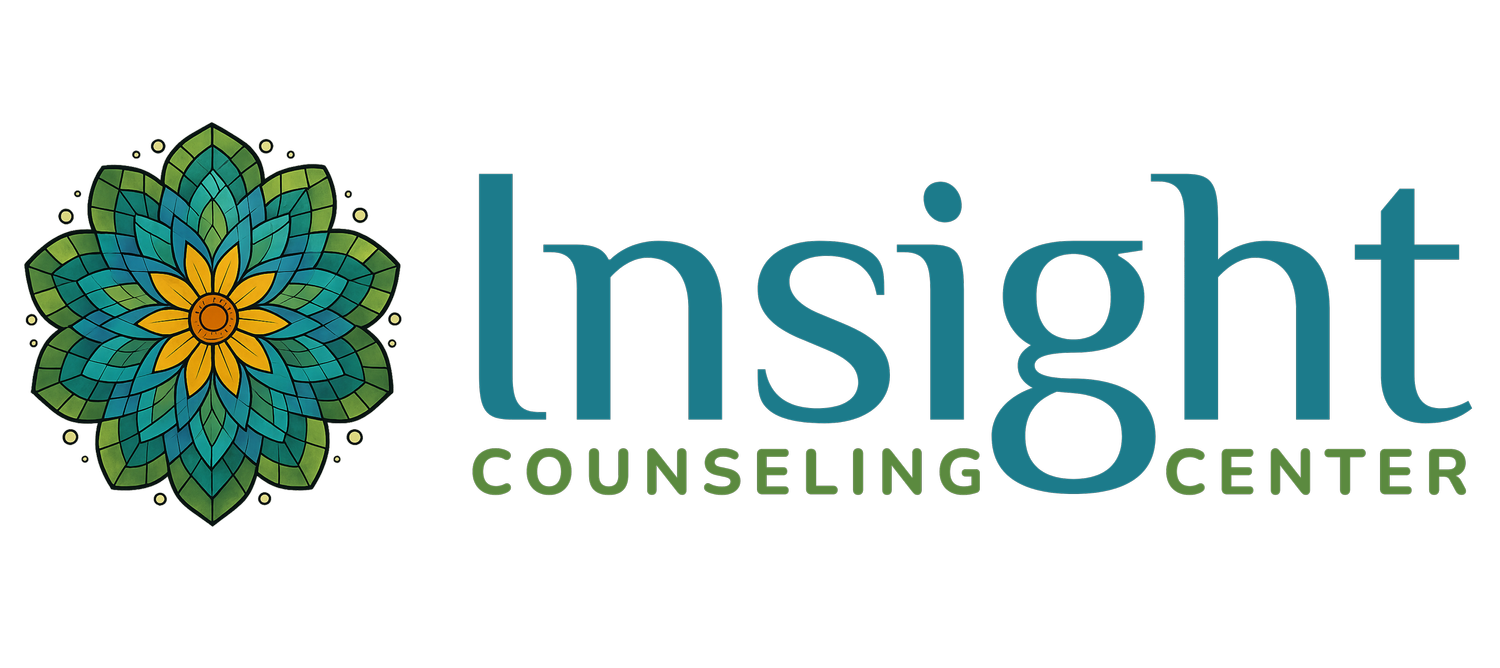Is It Time for Therapy? 10 Signs You Might Benefit from Talking to Someone
At Insight Counseling, we often hear clients say, “I’m not sure if what I’m going through is serious enough for therapy.” The truth is, you don’t have to wait for things to fall apart to seek support. Therapy is not only for those in crisis. It’s also for those who want to better understand themselves, find peace in their relationships, and move forward with confidence and clarity.
If you're wondering whether now is the right time, here are ten signs that therapy might benefit you.
1. You feel anxious, down, or emotionally exhausted more days than not
When anxiety, sadness, or irritability begins to interfere with your ability to enjoy life or function in your daily routine, it’s a signal that something deeper needs attention. You might find yourself snapping at others, struggling to sleep, or feeling overwhelmed for no clear reason. These symptoms can slowly become your “new normal,” but they don’t have to be.
2. You've gone through a major loss or life transition
Grief and adjustment can come from many places, including divorce, moving, job loss, health changes, or the death of a loved one. Even positive changes, like a new baby or a career shift, can stir up unexpected emotions. Therapy provides a space to grieve, reflect, and adapt with greater emotional balance.
3. Your relationships feel difficult or unbalanced
Whether you’re arguing with your spouse, feeling unappreciated by your children, or withdrawing from friendships, relationship distress is often a clue that deeper needs are being overlooked. Therapy helps uncover those patterns and gives you tools to communicate more effectively, set healthy boundaries, and reconnect meaningfully.
4. You keep finding yourself in the same painful patterns
Repeating the same types of relationship choices, self-sabotaging your goals, or feeling stuck in people-pleasing and perfectionism can be exhausting. These patterns often stem from unresolved emotional wounds or early family dynamics. Therapy helps identify their roots and create new pathways for healthier behavior.
5. You feel stuck and unsure how to move forward
You may feel like life is on pause. You have goals, but no energy to pursue them. You want change, but don’t know where to start. Therapy can bring clarity to confusion, helping you take steady, practical steps toward the life you want without losing yourself in the process.
6. You're taking care of everyone else but feel completely depleted
If you’re the one others lean on, it’s easy to forget you need care too. Therapists often work with caregivers, parents, professionals, and ministry leaders who feel exhausted and invisible. Therapy can be your space to refill your emotional tank, set boundaries without guilt, and remember that your needs matter too.
7. You struggle with your sense of self or feel disconnected from who you are
Do you ever feel like you're just going through the motions? Maybe you’ve lost touch with what you enjoy, or you find yourself constantly second-guessing your decisions. Therapy can help you reconnect with your identity, define your values, and strengthen your confidence in who God created you to be.
8. You’re using unhealthy coping habits to numb or avoid
Whether it’s food, alcohol, shopping, overworking, or screen time, many of us turn to distractions to manage pain or stress. Over time, these habits can deepen our sense of emptiness. Therapy helps you understand what you're trying to escape and offers healthier ways to cope, heal, and grow.
9. Your childhood still affects how you see yourself or relate to others
Maybe you grew up in a home where emotions weren’t safe, or where love was conditional. Even if the past seems distant, its impact can still shape how you see yourself and how you connect with others. Therapy can be a space to gently explore those experiences and break generational patterns.
10. You want to grow, even if nothing feels “wrong”
Therapy is not just for pain relief. It’s also a space for personal development, spiritual growth, and intentional living. You don’t have to wait for something to be broken. Many people enter therapy because they want to strengthen their relationships, develop emotional resilience, and live with greater peace and purpose.
Let’s Talk About What’s Next
If any of these signs felt familiar to you, that’s worth listening to. Therapy is not a sign of weakness. It’s a sign of courage, self-awareness, and readiness to grow.
At Insight Counseling, we offer thoughtful, compassionate support for individuals and families navigating anxiety, trauma, burnout, grief, and relationship challenges. You don’t have to do this alone.

